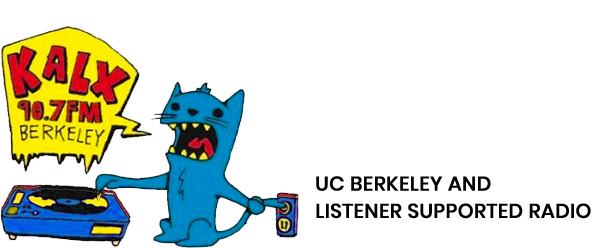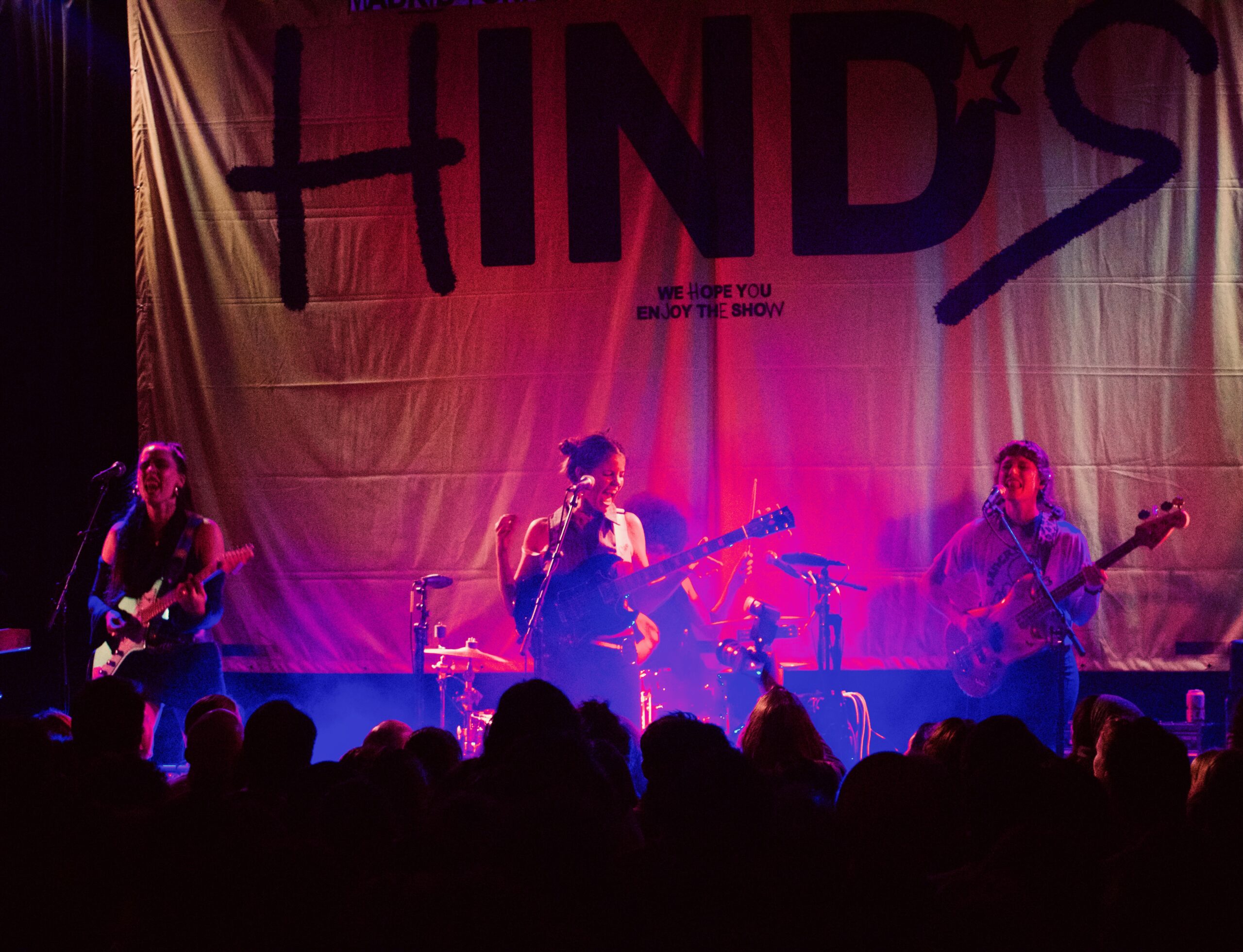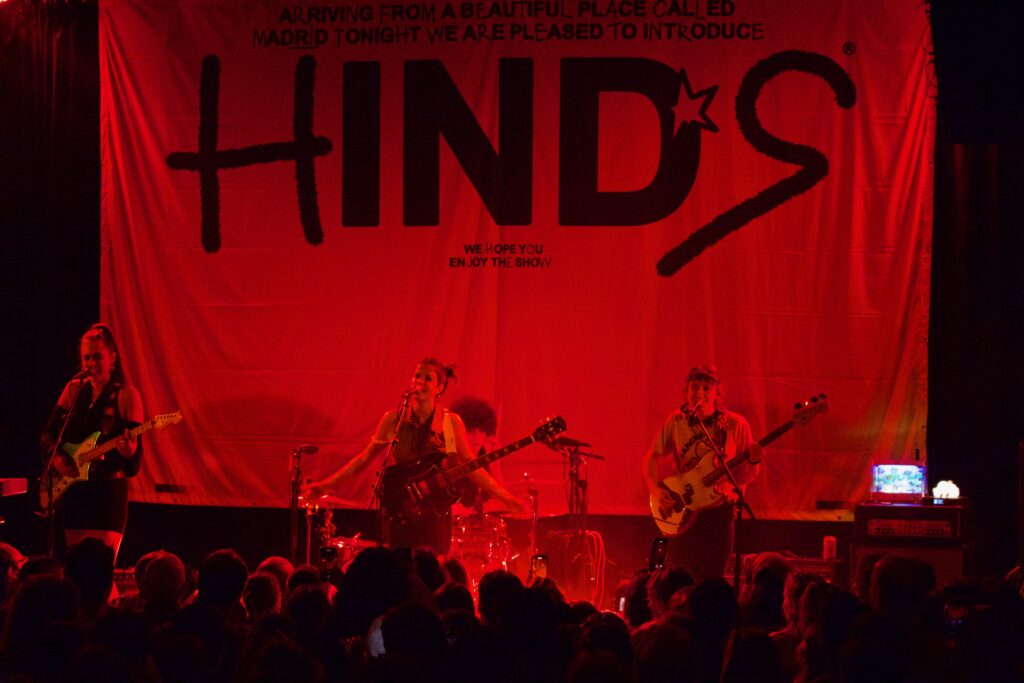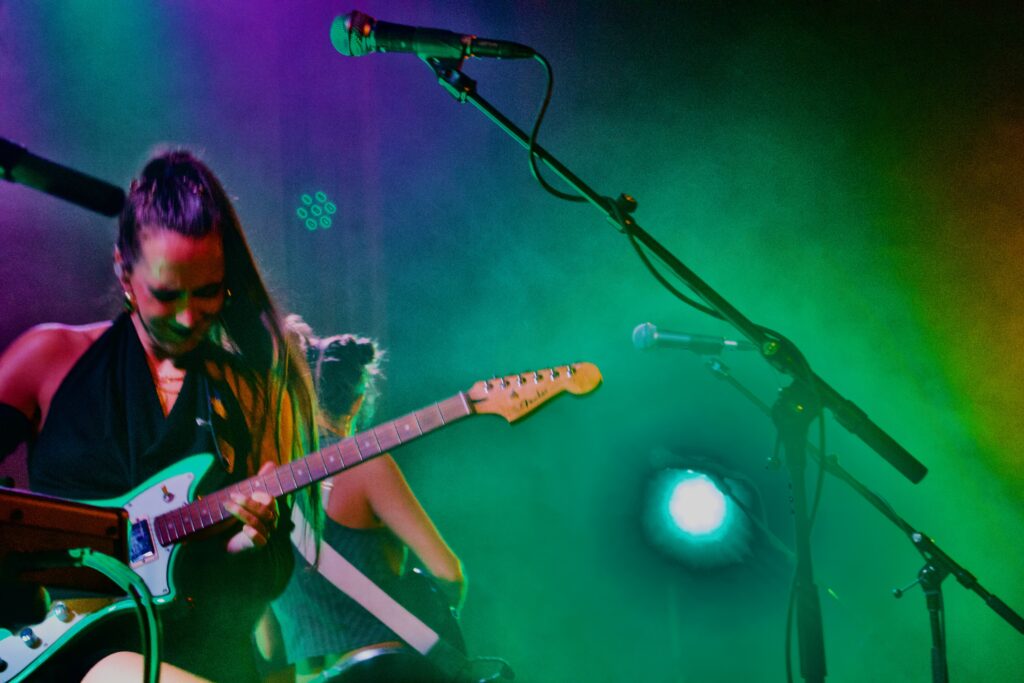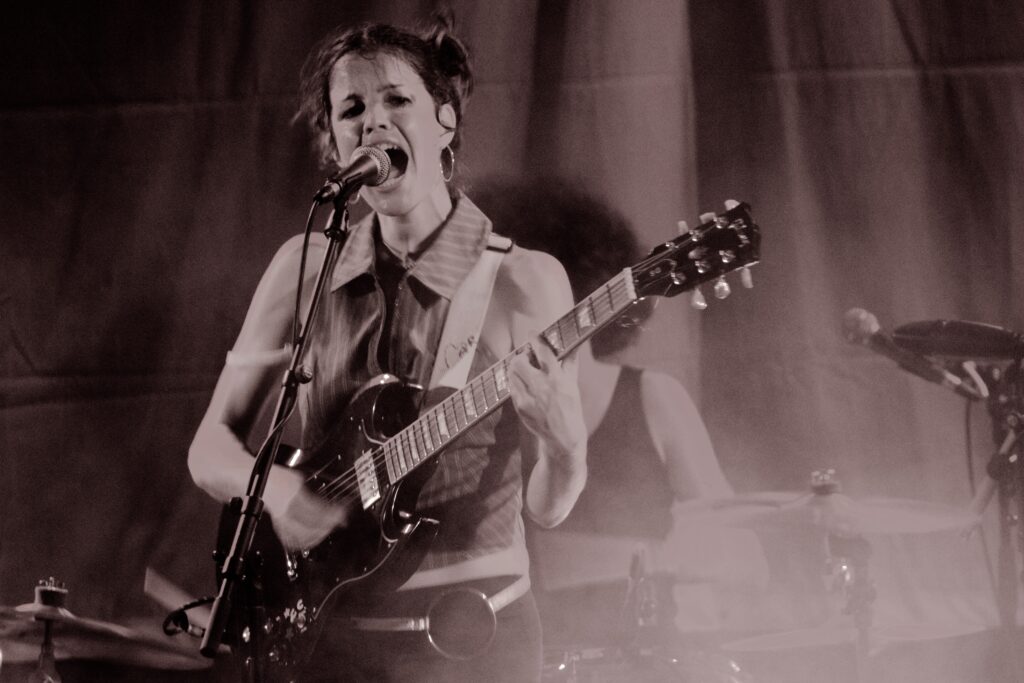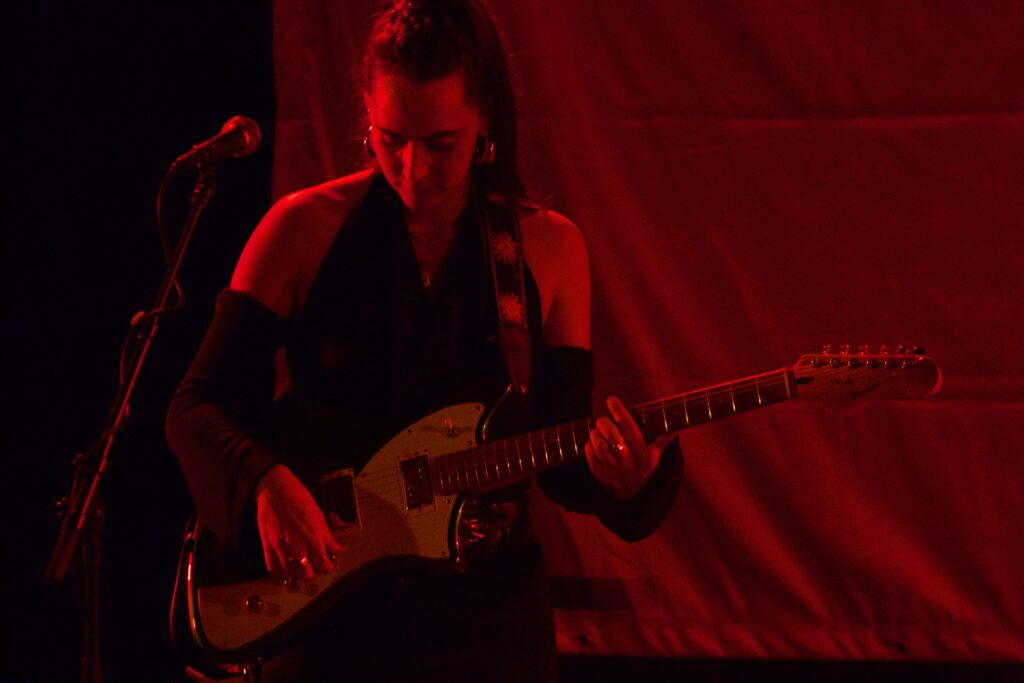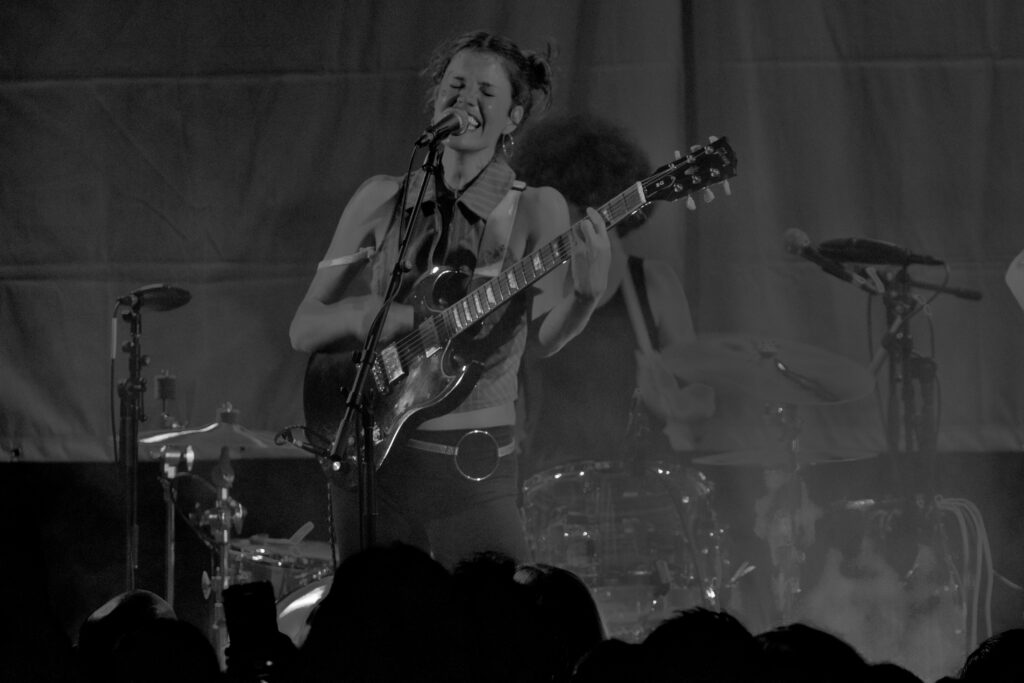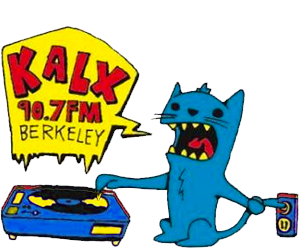I enter the Chapel, closing a call with Abdul, a boy my age, in the Rohingya refugee camps somewhere on the southern tip of Bangladesh—stuck there the last 7 years—”Tell me what your freedom is like,” he asks as he wishes me goodbye through the static-filled internet connection. I close the link to that corner of the world, which had been my home for the last year, a place that seems more real to me often right now than here.
I open the door to the venue and am greeted by a familiar sound—a California sound—of washed out guitars cut over the thumping of drums and Red Hot Chili Peppers-esque bass. Gavin, the lead of The Happy Return, bee-bops into the mic. It’s a sound of simpler times—it reminds me of following my friend’s high school band to the small venues of the bay—a sound of those dreams we dreamed in his parents’ garage coming true. The band has the aesthetics of a California high school water polo team—a foursome with floppy hair—joking, telling stories through rhythm. They have a slight obsession with looping pedals—the lead and second guitar each have 8, the bassist has 4. Watching them play in this quadrupedal way is akin to watching a person master Dance Dance Revolution. But the sound they make is that of a beach in a way only those pedals can make.
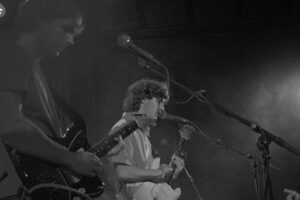
Their entire set is a vibe. They sing about collective crushes for the female protagonists of Young Adult novels (see Annabelle). Their newest album is listening to the active practice of three friends helping their mate Gavin through his recent “hard” breakup in the only way they know how: music. The band has been together since birth (Gavin and the drummer are brothers) and got together in high school, practicing in Gavin’s parents’ San Diego garage, surrounded by discarded daycare toys. This is their first national tour. It’s the first time they have been able to “go for it, the music thing.” They are as excited about showing off their new, “more complex sound” as they are to learn from those they are going on tour with, Hinds, who a decade ago was in their shoes—four girls, best friends, from Madrid with guitars and dreams. “Their [Hinds’] ability to communicate and build a relationship with the crowd is a huge inspiration to us,” Gavin tells me, “it’s something we want to grow into as a band.”.
The crowd at a Hinds show is eccentric, ranging in age from maybe 14 to late 70’s. The Chapel is sold out this Tuesday night. Between bands, I ask a number of people what brought them out on a weeknight and why Hinds. I kept hearing the same answer: “They are FUN.” Most I talk to seem to have known the band since 2016-2017. Kelly and her friend in a hand-stitched quilted jacket tell me they started listening to Hinds in high school, an all girls school near Venice Beach—”their music is all about girls, friends supporting each other through life.” They say they both listen to Hinds all the time. “it’s transportation music…when u need to go do something really hard and you need someone to tell you…’you got this’ on the way there”. Jack, holding two drinks, has been a fan since he saw them in Birmingham and claims one of his greatest life achievements was when Carlotta put him on a guest list for a show he skipped his university graduation for. A woman shows me a tattoo the band once drew for her after a show. People describe Hinds as if they were good friends—of fleeting moments from years past that are still crisp memories. I try to talk to Lou, a man maybe in his 50s, leaning against a wall, who describes, “I’m here because the power of their friendship gives me hope…” The band steps on stage and our interview gets cut short. “Sorry” he tells me, “I gotta start screaming”.
Lights illuminate the silhouettes of the quartet. Ana, in a black dress green almost crocodile belt matching a glittery green electric guitar holstered at her hip; Maria, the quiet drummer with joyful eyes and bushy afro beaming from behind the drum set; Paula, in a casper the ghost tee gripping the elongated neck of a pink bass; French braids pigtails behind her head; and Carlotta, hair in two buns, guitar slung across her shoulder, clutching the microphone.
On the stage, surrounding the band, stands a plastic fish tank, an amorphous glowing squishy orb with legs and arms, an empty wine glass, a crutch cast aside, and an extra guitar not on a stand but leaning precariously against an amp. Their light design is an illuminated X-ray of Ana’s recently broken foot, taken in Mexico City.
They break into the first riffs of their set, smiling broadly as they play, banging their heads to their own sounds, making eye contact with one another, dancing together, and having fun.
“We‘ve missed you,” Carlotta tells the crowd between songs. “We never thought we’d be here with you again. ”
Hinds has been a band for the last 10 years. They last played in San Francisco, in this very room before COVID, before the band almost broke up.
“We all saw each other then. We went through the portal. It must have changed us all, and now we are all here again.” Carlotta continues, “So tell us, how have you been?”
The concert is a conversation between the band and the audience, each as excited to be here as the other. They talk to the audience as if we were friends, at their dinner table, somewhere in Madrid. “ Music is there to tell us, Oh hey, you’re not alone; that is what this is all about,” Carlotta tells the audience. She jumps from the stage and becomes one with the crowd. The music stops. She has everyone get down, we wait for the 70-year-olds until they join too, and then we dance together, the entire venue, sharing this moment in time.
Carlotta and Ana, the leaders of Hinds, both describe the band as a project. Carlotta tells me, “The goal of the project was and is to make the world a better place through music, freedom, and friendship, by faking it til you make it—I f****** hate that phrase with all my heart—but its that, and honestly, to do whatever you want.”
They speak of the project and how they relate to it through the portal of COVID, with a lens of gratitude, earnestness, and a touch of sadness. “We’re just lucky we are friends with genuinely nice people,” Ana tells me as she writes her personal email on a fan’s arm—who happens to be a doctor at UCSF and who knows something about broken metatarsals.
“In your 20’s, you want to eat the world, but then in time you realize that you are just lucky that the world hasn’t eaten you.” Carlotta chimes in, leaning against the merchandise table, sketching in my notebook. “I used to have dreams of traveling the world—my English teacher Mayte would tell me, “Learn English; it will take you places, and now I’m here, I’m talking to you.”
It’s this presence and gratitude that most impresses me about Hinds. Their understanding of their own power and using that power to bring others along for the ride. For Paula and Maria, the band’s new drummer and bassist, it’s their first time in California. “¡Me encanta la gente!” Maria, the drummer, tells me, “¡Y Los lobos marinos and the high streets, and the beach!” Paula, the bassist, exclaims before excitedly trying on a venue t-shirt, consulting the other band members before buying. For their last song, Hinds bring the opener Gavin and The Happy Return onto the stage with them.
They close the concert pirouetting in a piece of unplanned choreography and bow low to the crowd. The standing ovation lasts minutes. It’s a show that reminds me that sometimes on Tuesday nights at that spot on Valencia we can each show up to help one another’s dreams in the process of coming true.
Review and photos by Christopher LeBoa
